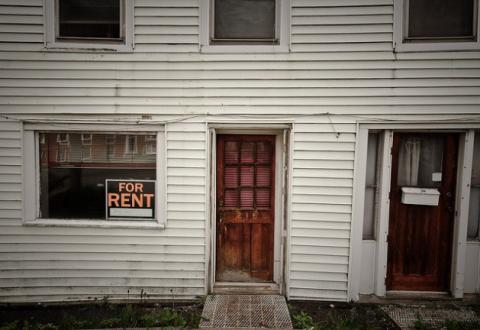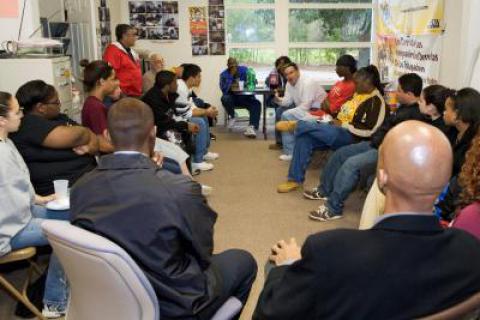Wall Street Sets Its Sights on Renters







In this searing exposé on the state of democracy in America and the fracturing of the Republican Party, Academy Award®-nominated directors Carl Deal and Tia Lessin (Trouble the Water; co-producers of Fahrenheit 9/11 & Bowling for Columbine) follow the money behind the rise of the Tea Party. CITIZEN KOCH investigates the impact of unlimited, anonymous spending by corporations and billionaires on the electoral process, featuring stories of life-long Republicans whose loyalty is tested when their families become collateral damage in the GOP fight to take organized labor out at the knees. Alternately terrifying and funny, CITIZEN KOCH is an essential and powerful portrait of our political times.

Spread the word